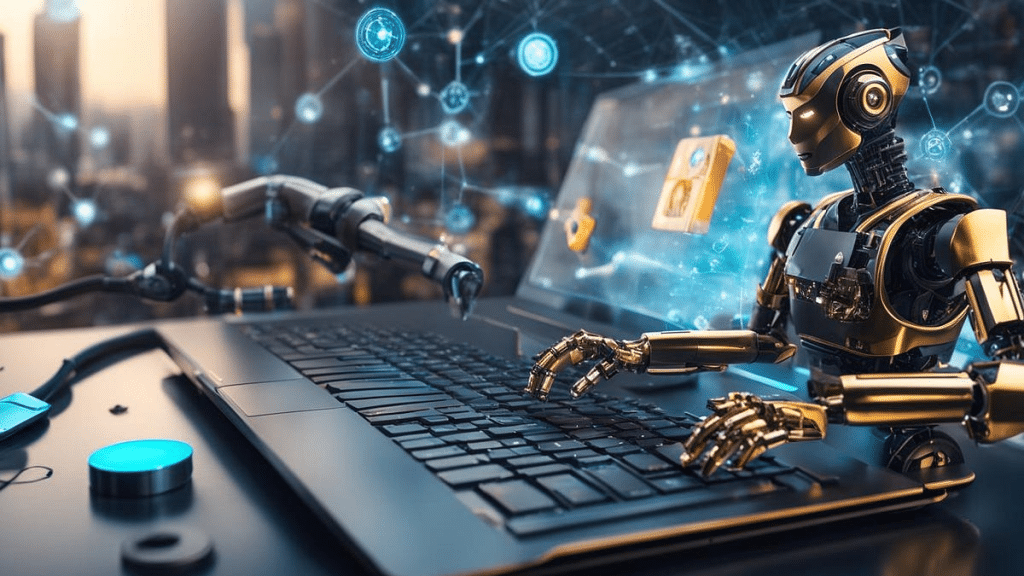By Eli Lopian · June 23, 2025 · 4 min read
We’re used to thinking of artificial intelligence in extremes. Either it’s coming for our jobs, or it’s solving all of humanity’s problems while we binge-watch reality shows. Somewhere between apocalyptic dread and techno-utopia, a quieter truth is emerging: AI is just a mirror. What it reflects depends entirely on who’s holding it.
I’m a tech founder, an author, and—somewhat reluctantly—a philosopher. And I think AI can be a force for good. But only if we stop treating it like a magic trick and start treating it like a moral tool.
🧠 We Don’t Have a Tech Problem. We Have a Governance Problem.
AI is already reshaping how we:
– Work
– Consume media
– Travel
– Diagnose illness
– Make decisions
But when things go wrong, it’s rarely the algorithm acting alone. It’s the human intention—or lack of it—behind it.
We don’t need to fear smarter machines. We need smarter systems.
📘 What Is AICracy?
I wrote AICracy because I believe:
– Democracy is overdue for an upgrade.
– AI can help us govern more fairly and responsively.
– We’re not using the tech we have to serve the people who need it most.
3 things AICracy could help with:
1. Policy simulation – Run “what if” tests before policies pass.
2. Budget optimization – Allocate public resources dynamically based on real needs.
3. Bias detection – Use AI to flag discrimination before it causes harm.
This isn’t about machines taking over. It’s about using intelligence to restore trust.
🚧 The Guardrails AI Needs
AI is powerful, but like all power, it needs limits. Here’s what responsible AI governance should always include:
– Human final decisions – No autopilot for policies.
– Explainability – We deserve to understand how conclusions are reached.
– Bias hunting – Not hiding.
– Open source wherever possible – Let people see the wiring.
If we wouldn’t trust a government behind closed doors, we shouldn’t trust an AI that way either.
🧭 Why I Care (And Why You Should Too)
I’ve built software for over two decades. I’ve seen what happens when systems fail to adapt, and people get left behind.
Moments that shaped this vision:
– Watching a public system fail someone close to me.
– Realizing good people inside broken structures still couldn’t fix them.
– Leaving a rigid belief system and discovering the power of better questions.
This isn’t about abstract ethics. It’s about people, power, and possibility.
🔧 What Needs to Happen Next
We can’t leave this up to Big Tech or regulators alone.
Here’s what we need:
– Civic AI literacy – Teach people how these systems work.
– Ethics in design – Stop prioritizing engagement over well-being.
– Transparent governance – No more “trust us” black boxes.
– Public involvement – Bring citizens into the loop.
We don’t need another revolution. We need a reboot.
🚀 TL;DR: What You Can Do Now
– Read AICracy (or skim the site—start somewhere)
– Push for AI transparency in your community or workplace
– Ask better questions, publicly
– Talk to your kids about algorithms (seriously)
– Expect more from your leaders—human or machine
AI won’t lead the revolution. But it might just be the compass.
Eli Lopian is the founder of Typemock, a veteran software innovator, and the author of AICracy: Beyond Democracy. He writes about the intersection of technology, ethics, and governance at https://aicracy.ai/

